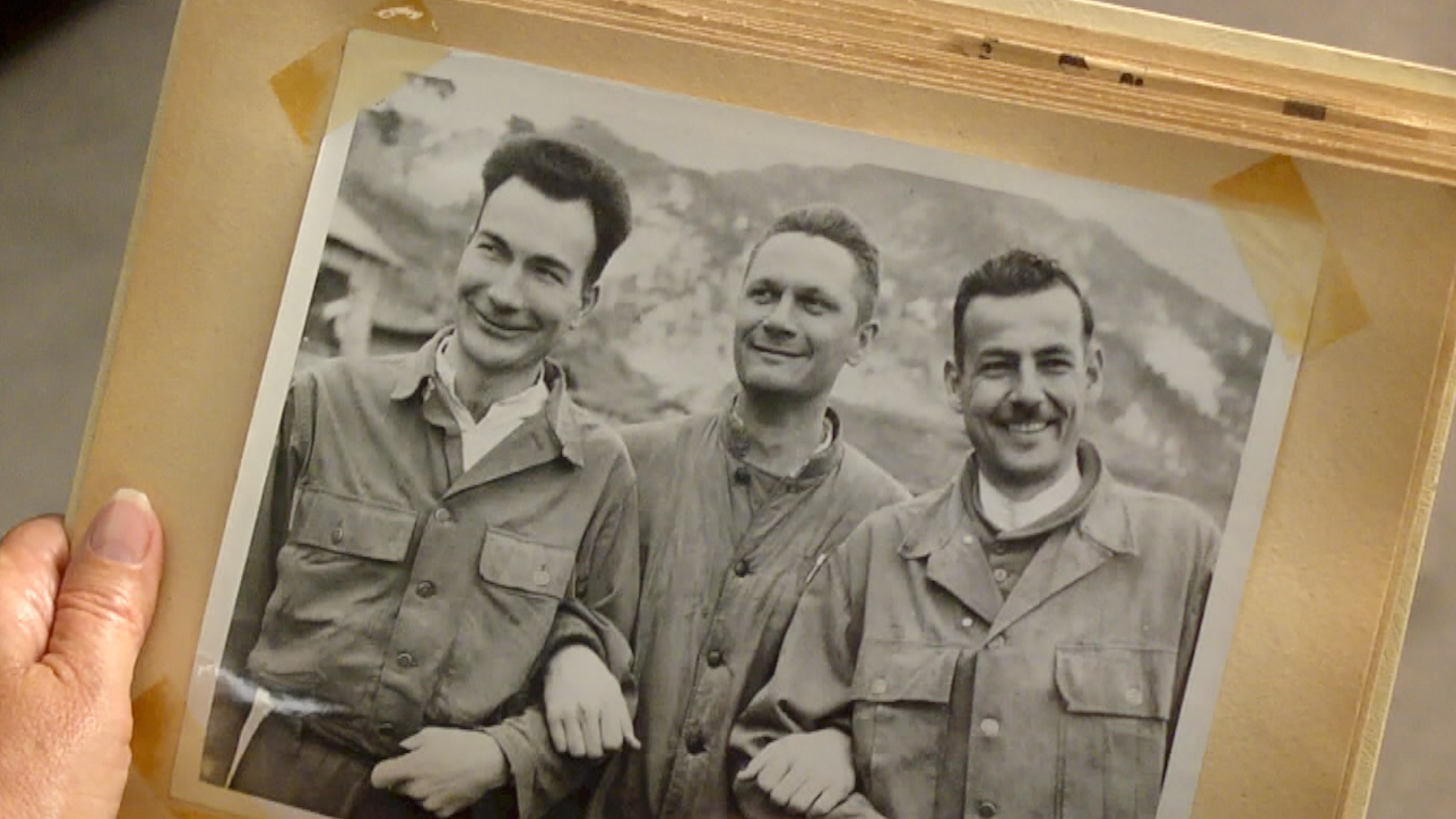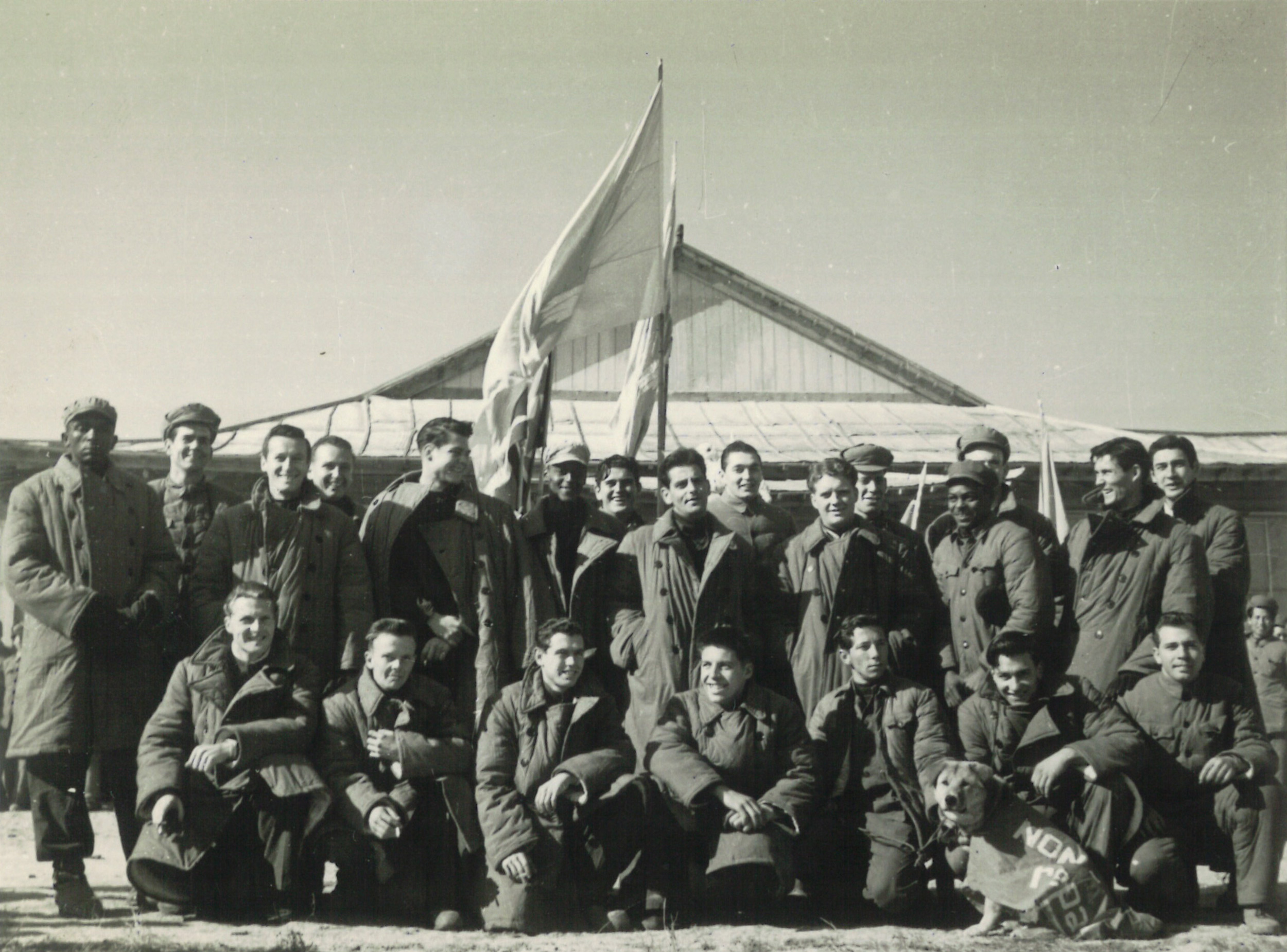Documentaries
Rites Undone
Rites Undone is a short documentary tracing the journey of Nigerian victims of sex-trafficking in Italy, directed by Naomi Richman and produced by Eddie Bolger & Bartek Dziadosz (the Derek Jarman lab). The film investigates the psychological methods of control used by sex-traffickers, and explores the epistemic challenges faced by European mental health workers trying to provide treatment across cultural and religious divides.

Three films about mass influence
Filmmaker Lily Ford has produced three short films for the Hidden Persuaders project on (1) Beatlemania; (2) cigarette advertising and non-smoker activism, and (3) the smartphone. This mini series exposes and interrogates some old and new anxieties about this influence on others and on ourselves.
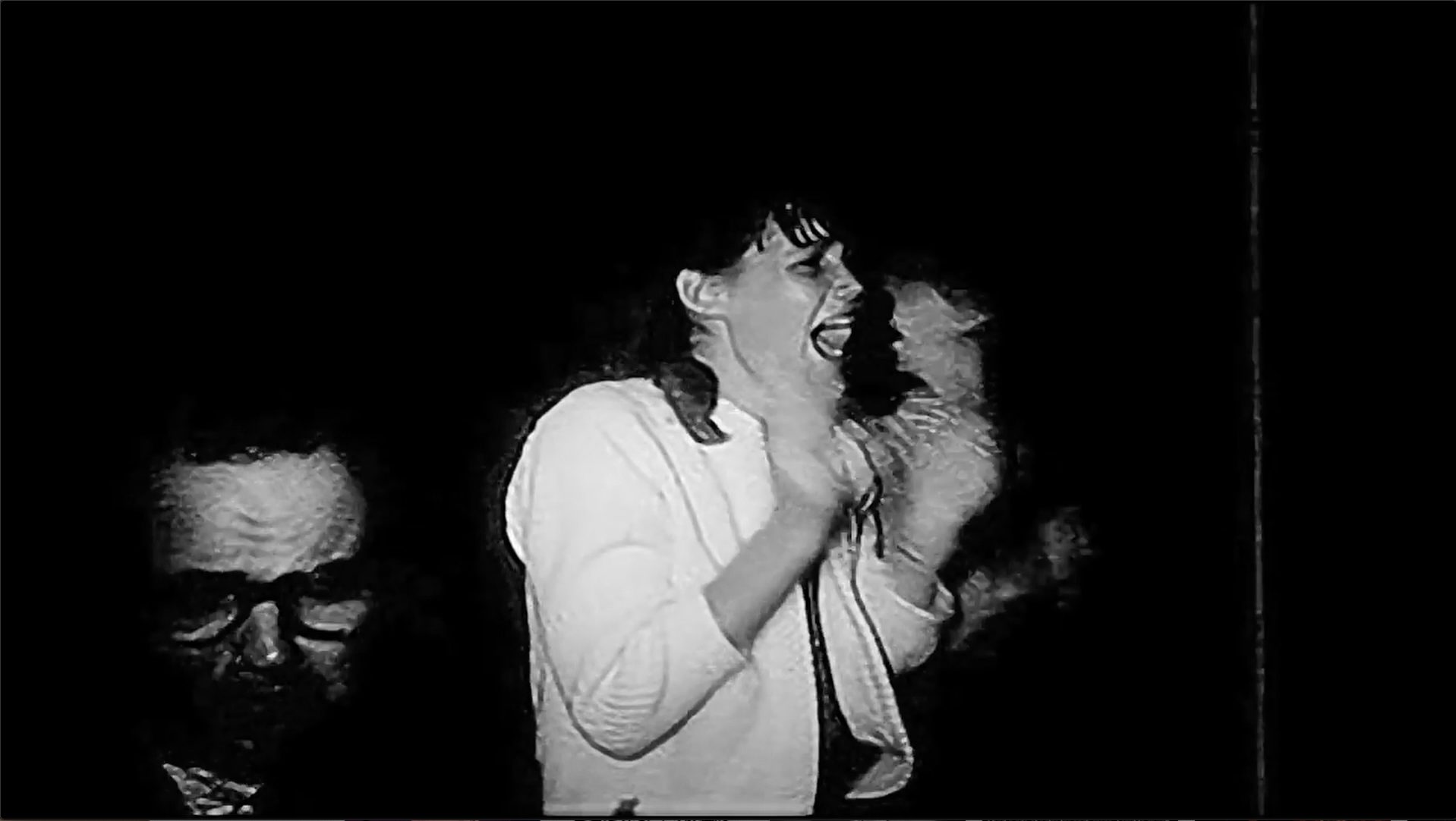
Re-Reading Fanon
“Re-reading Fanon” (65minutes, 2021) is a Hidden Persuaders film by Nasheed Qamar Faruqi, featuring Fakhry Davids, Stephen Frosh, Lisa Guenther, Jean Khalfa, Samia Khatun, Achille Mbembe, Daniel Pick, and Robert J.C. Young. It is a documentary about one filmmaker’s journey to understand Fanon’s clinical, political and philosophical writing in today’s context. Directed by Nasheed Qamar Faruqi; Editor Yann Heckmann. With grateful acknowledgement of The Wellcome Trust.
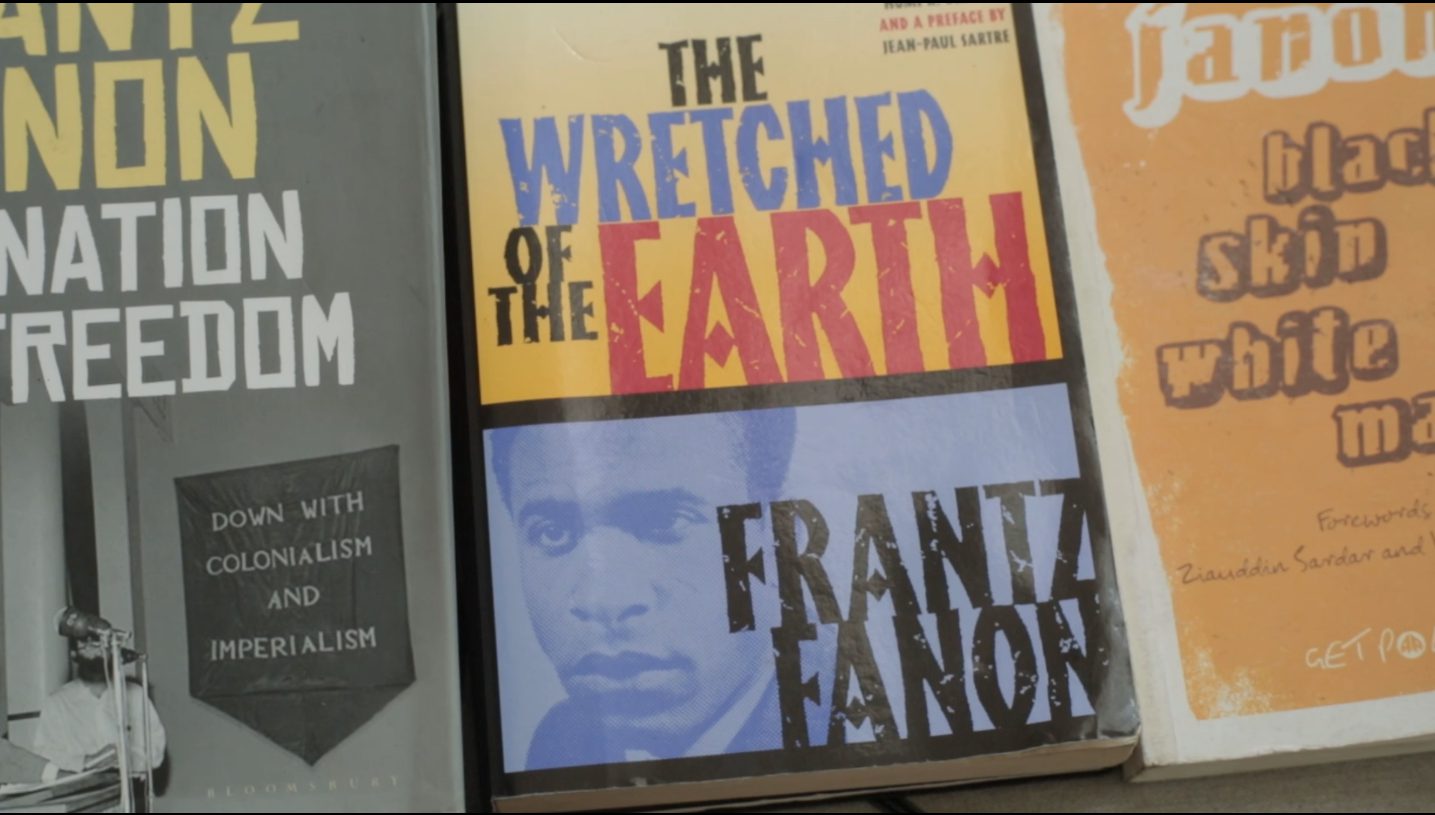
Mothering in the Frame
In a child’s life, “how early do important things happen?”asked child psychoanalyst D.W.Winnicott in 1945. A number of his colleagues believed that the camera might provide an answer to that question. Hidden Persuaders researchers Katie Joice and Ian Magor describe the history of this important, but contentious, clinical practice in this visual essay.
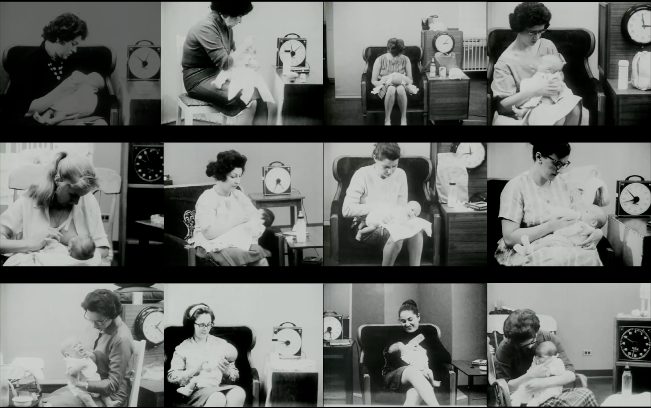
Chasing the Revolution: Marie Langer, Psychoanalysis and Society
The story of Austro-Argentine psychoanalyst Marie Langer highlights the difficulty of reconciling a ‘psy’ vocation with political activism. Twice an emigrée, Langer brought the critical tools of psychoanalysis to the social and individual problems of her time. This film documents her journeys across different continents and ideological regimes with the help of those who knew her and those who followed in her footsteps.
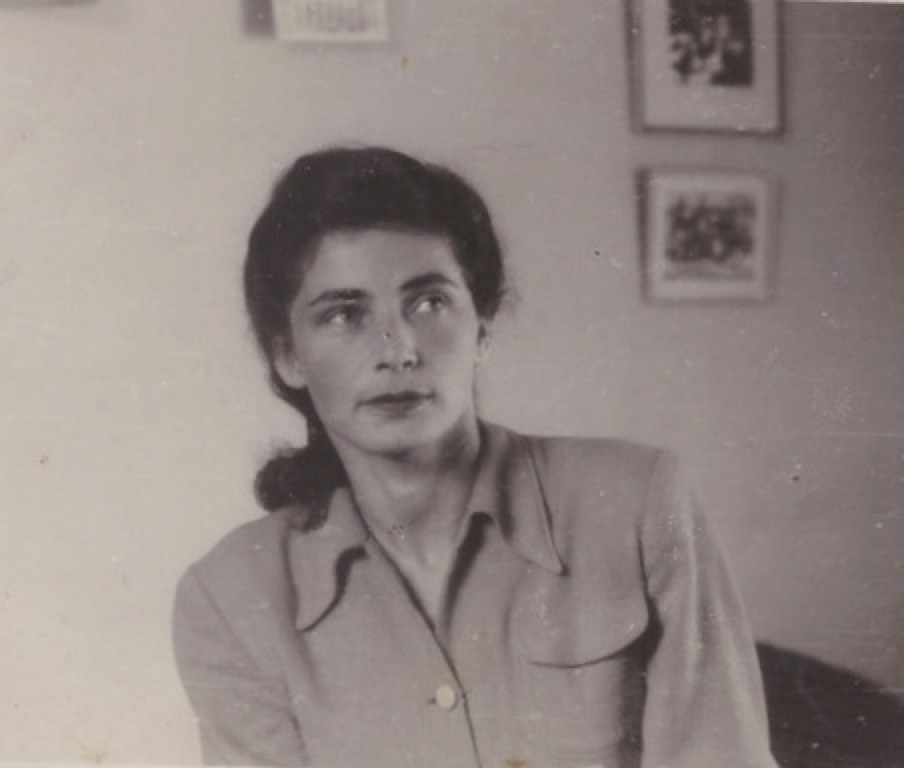
Nothing Exists Until You Sell It
Vance Packard’s Hidden Persuaders (1957) was a landmark critical appraisal of the relationship between the advertising industry and psychoanalysis. Nothing Exists Until You Sell It assesses the story of the book’s reception, highlighting its extensive and surprising influence.
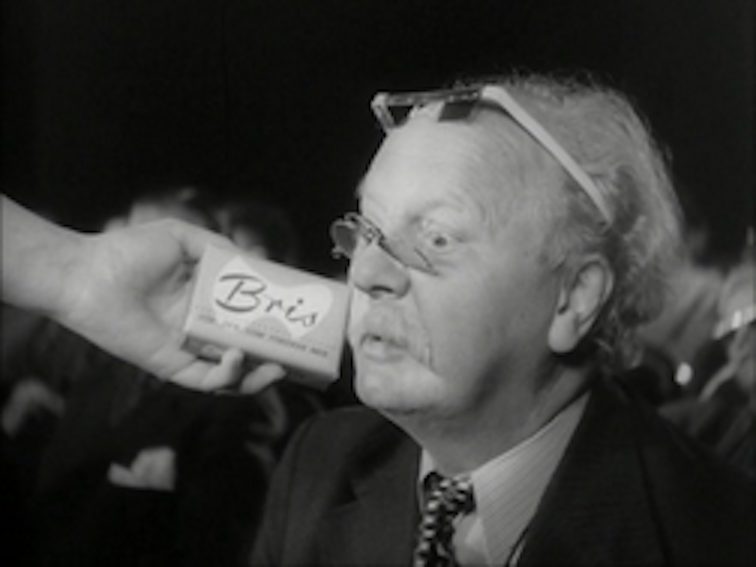
‘Every Man Has His Breaking Point’: Reagan, Brainwashing and the Movies
The story of Hollywood’s attempt to capture the realities of North Korean indoctrination in a now-forgotten movie called Prisoner of War, starring future president Ronald Reagan. Tinline examines what this movie’s fate tells us about the evolving meaning of ‘brainwashing’ in Cold War America, while exploring the power of film to shape our memory of the past and its actors.
David Hawkins:
A Battle of the Mind
The story of David Hawkins, the youngest of 21 Americans who ‘chose China’ at the end of the Korean conflict. Combining archival footage with new oral history interviews, the film brings to life Hawkins’ remarkable experiences during this crucial period in the history of ‘mind control’. It considers the ambiguities of autobiography, using the various, intertwined versions of Hawkins’s story to shed light both on Cold War politics and the changing ways in which we interpret, and pathologise, personal trauma.

